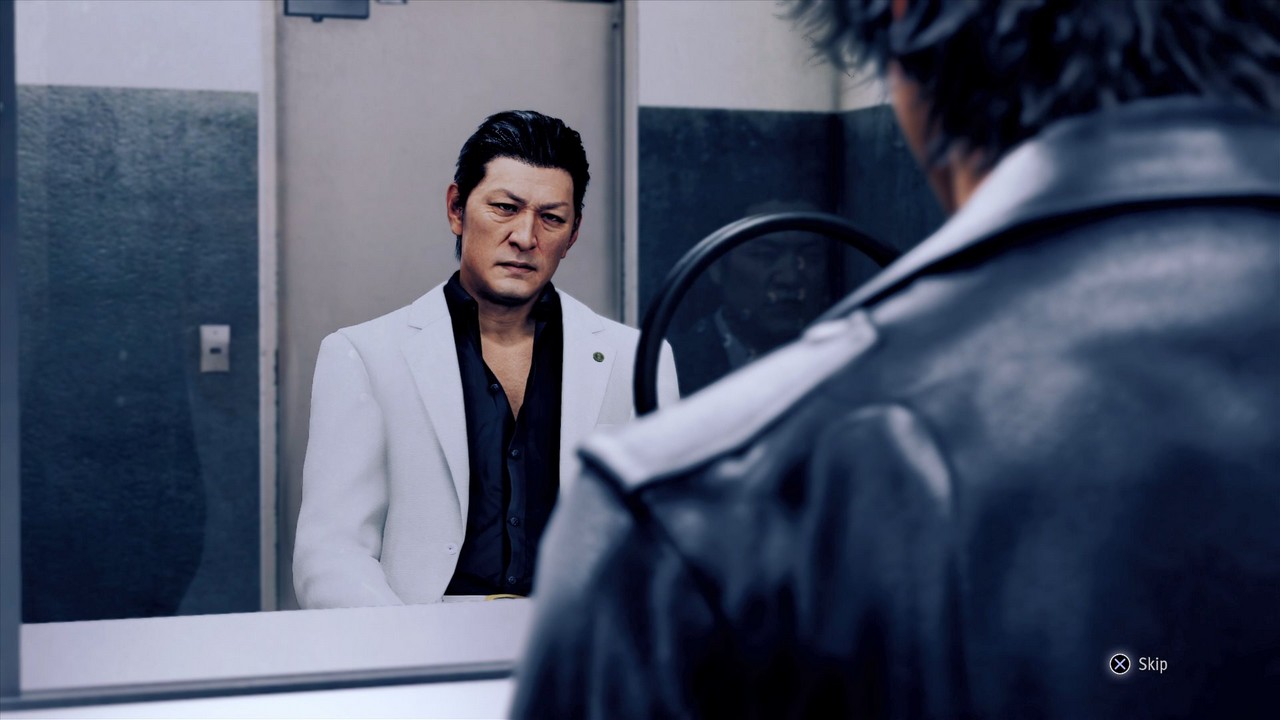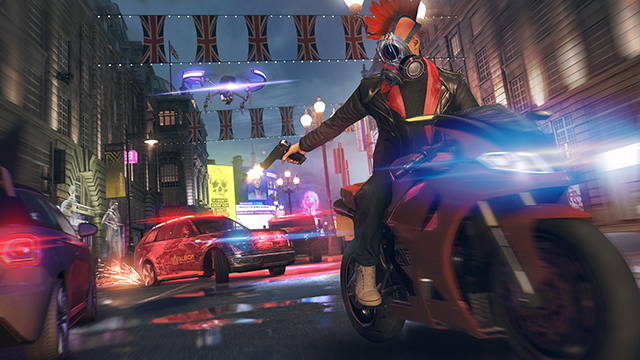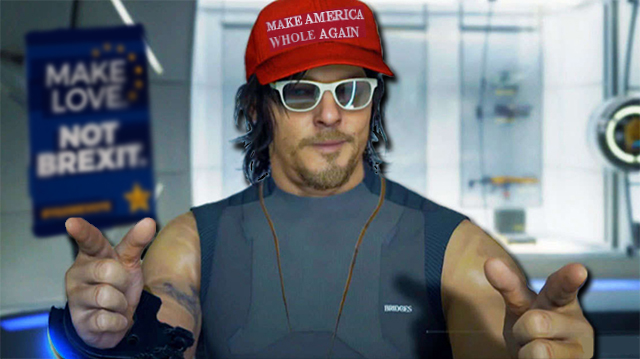Since so many consumers use gaming as a mean of escapism, it’s understandable that they don’t want to be thinking about real-world political issues and ideologies while they play. Luckily for them, there are plenty of experiences that provide that sort of fantasy from skill-based platformers to mindless shooters. However, since the medium often features stories, it’s impossible for politics and games to not intersect. Most role-playing games and titles that portray war touch on politics, even if they aren’t heavy-handed in it. However, there’s been a popular misconception online that Japanese game developers don’t touch on politics while Western developers will shoehorn it into titles. That just isn’t the case.
This issue once again came to the forefront of the discourse after a recent BBC interview with Death Stranding director Hideo Kojima. He mentioned both Donald Trump and Brexit when discussing his theme of walls and bridges.
“Trump is building a wall, and the U.K. is leaving the E.U.,” explained Kojima. “In this game, we use bridges to connect things. But destroying those bridges can instantly turn them into walls. So bridges and walls are almost synonymous. That’s one of the things I’d like the players to think about in the game.”
ALSO: Overwatch 2 and Diablo 4 fan reaction shows how little bite there is to consumer outrage
Now saying that Trump has created walls both physically and metaphorically is a pretty mild political statement, especially by Kojima’s standards, but it still caused an uproar. Some people tried to make it seem the entire game was created to make a point against Trump (which is not true) while others argued that there is absolutely nothing political about Death Stranding (also not true). People on both sides were trying to either lessen what he said or overexaggerate it in order to fit a pre-existing narrative. However, one doesn’t have to look far to find that Japanese games are just as political as Western ones, in fact, they might even be more so.
The most popular Japanese games are full of political statements

You don’t even have to look past Kojima’s past work to see political overtones. The Metal Gear franchise is filled to the brim with politics and activism. Not only is the series built around the idea of destroying weapons of mass destruction, but the original Metal Gear Solid featured a scene that was essentially an entire public service announcement on how to properly dispose of nuclear waste. There was literally no nuance or artistry attached to the message — it was as plain as it could possibly be — and yet people still somehow missed it. Meanwhile, Metal Gear Solid 2: Sons of Liberty revolves around the intersection of overbearing governments and being able to control the media, and the series has tackled nearly every issue related to war ranging from soldiers not having a place in society after returning from deployment to the cycle that weapon manufacturers feed into. To act as if Kojima is not one of the most political game creators is incredibly naive and just plain incorrect.
A more recent example is Atlus’ Persona 5, a fantastic role-playing game that delves into many of Japan’s current societal issues. One of the main villains winds up being Masayoshi Shido, a powerful politician that is trying to control Tokyo through corrupt means. It’s a pretty direct comparison to current prime minister Shinzo Abe and the game also takes shots at the ultranationalist ideals that the Nippon Kaigi have pushed for in Japan. Every dungeon in the game focuses on a different issue in Japanese society from workers being pushed too hard to teachers being abusive. Meanwhile, the in-game artist Madarame, who falsely took credit for the work of his students, was a direct parallel to Mamoru Samuragochi and other frauds that have had scandals that rocked Japanese art. The RPG doesn’t shy away from politics, but rather embraces them in every aspect.
Yakuza and its various spin-offs like Judgment are one Japanese series that has seen an uptick in Western popularity recently. Many of the titles in the series are critiques on corrupt Japanese politics and police forces. They depict a world where these issues escalate out of hand to the point where only a hard-hitting former yakuza member could solve them. Meanwhile, Judgment takes a look at their justice system and how politicians can use medical issues (in this specific case: dementia) to push their own agendas. Once again, it’s a game that isn’t afraid to deliver a stance on a real-life issue that impacts the lives of regular people.
Many Western developers are afraid to take a clear stance

If there’s one thing worth admiring about those Japanese releases, it is how firm they come down in their stance. The same can’t be said for many Western releases, which often toy with political ideas and themes but are unwilling to dive into them in fear of potential backlash or alienating their playerbase. One of the most prolific examples is Ubisoft as the publisher has released a number of games that have seemingly been based around political issues yet failed to do anything with it. Far Cry 5 could’ve been a scathing examination of cults and midwestern isolation, but it didn’t have anything to say. The same can be said for The Division 2‘s civil war-torn Washington D.C. and the upcoming Watch Dogs: Legion. The latter takes place in a post-Brexit London but the developers say it is apolitical. If you’re going to use these settings then have a backbone and commit to it.
Western developers even tend to avoid saying that their games have something to say, even if they are overtly saying something. Obsidian discussed how The Outer Worlds wasn’t “overtly political” despite being about how corporations have infected every possible aspect in society. Even if players side with the Board, the title’s overarching megacorporation, they are not shielded from its horrible, inhumane actions. So either way, the game is conveying how evil corporations can be and how capitalism can ruin societies, yet Obsidian was afraid to plainly state or hint at that notion despite it being pretty clear.
So, no, Japanese developers aren’t creating apolitical games that don’t deal with any social justice issues. You’re either ignoring them when they address them or are completely ignorant to the context that surrounds them since you’re probably not reading Japanese world news. Politics are an inescapable part of art, and while there are politic-free games you can use to escape, most stories will include them as it’s a part of every day life. One simply can’t expect authors to forego their own life experience and convictions when crafting a story. And that is true sometimes in the West but seemingly even more true in the Far East.







